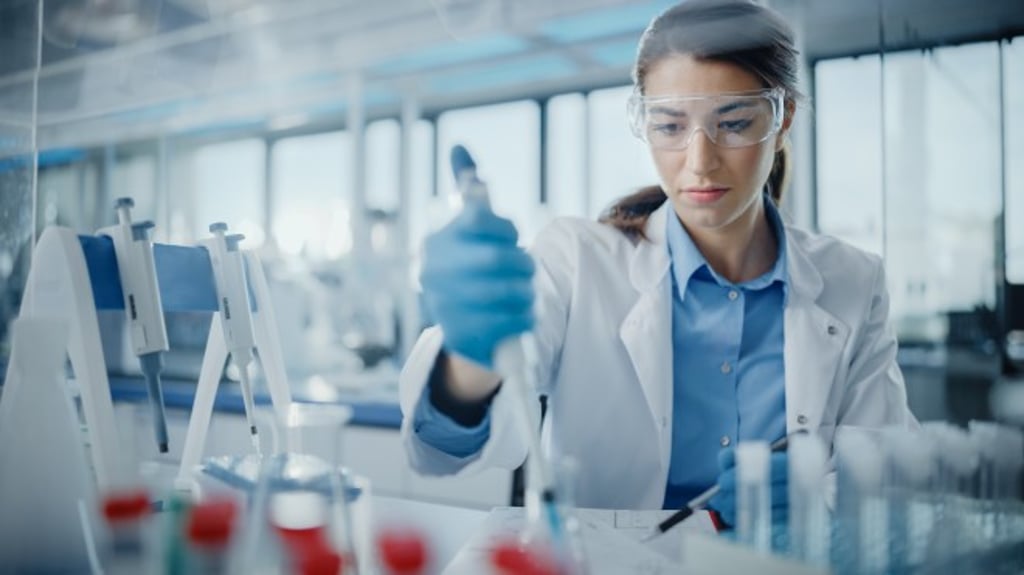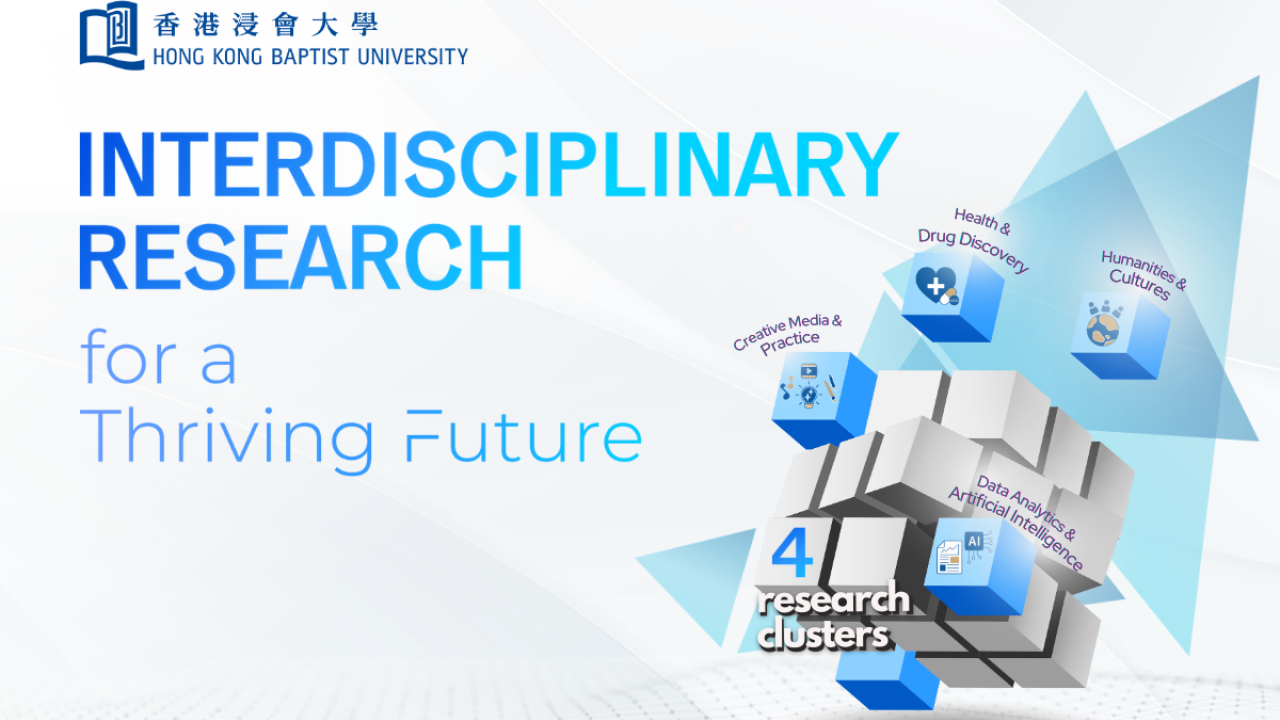[The content of this article has been produced by our advertising partner.]
Advertisement
The advent of industrialisation and rapid urbanisation has improved the livelihoods of billions, but it has also brought about numerous health scourges, including air pollution.

In addition to air pollution, numerous diseases and viruses continue to impact the physical health of humankind. Medical interventions are one means to restore health and save lives. However, pharmaceutical manufacturers and scientists around the world struggle with drug discovery. While numerous developments in drug discovery have reduced timescales, complexity, cost, and enhanced precision, many challenges remain.
At the forefront of health-focused interdisciplinary approaches that contribute to potential solutions, Dr Zhu Yang of the Department of Biology and Professor Jun (Joelle) Wang of the Department of Chemistry at Faculty of Science, Hong Kong Baptist University, have made significant discoveries and published ground-breaking research papers. Professor Wang and Dr Yang’s contributions in their respective fields have been recognised with the HKBU Outstanding Research Output Award (the Award) for the academic year 2023/24.
Dr Yang’s paper focuses on an important component in the body’s metabolism that may counteract the adverse effects of PM2.5 toxicity on lung cells. His discovery not only offers vital insights for regional pollution control and health interventions, but also provides the prospect of developing novel treatments for related health issues, potentially addressing this public health challenge. In the future, the research’s findings may also contribute to the development of diagnostic protocols for lung diseases caused by PM2.5, apart from the component’s potential as a therapeutic agent.
Advertisement

The Award honours excellent research outputs produced by HKBU researchers from July 1, 2023 to June 30, 2024.
Multi-facetted contributions

